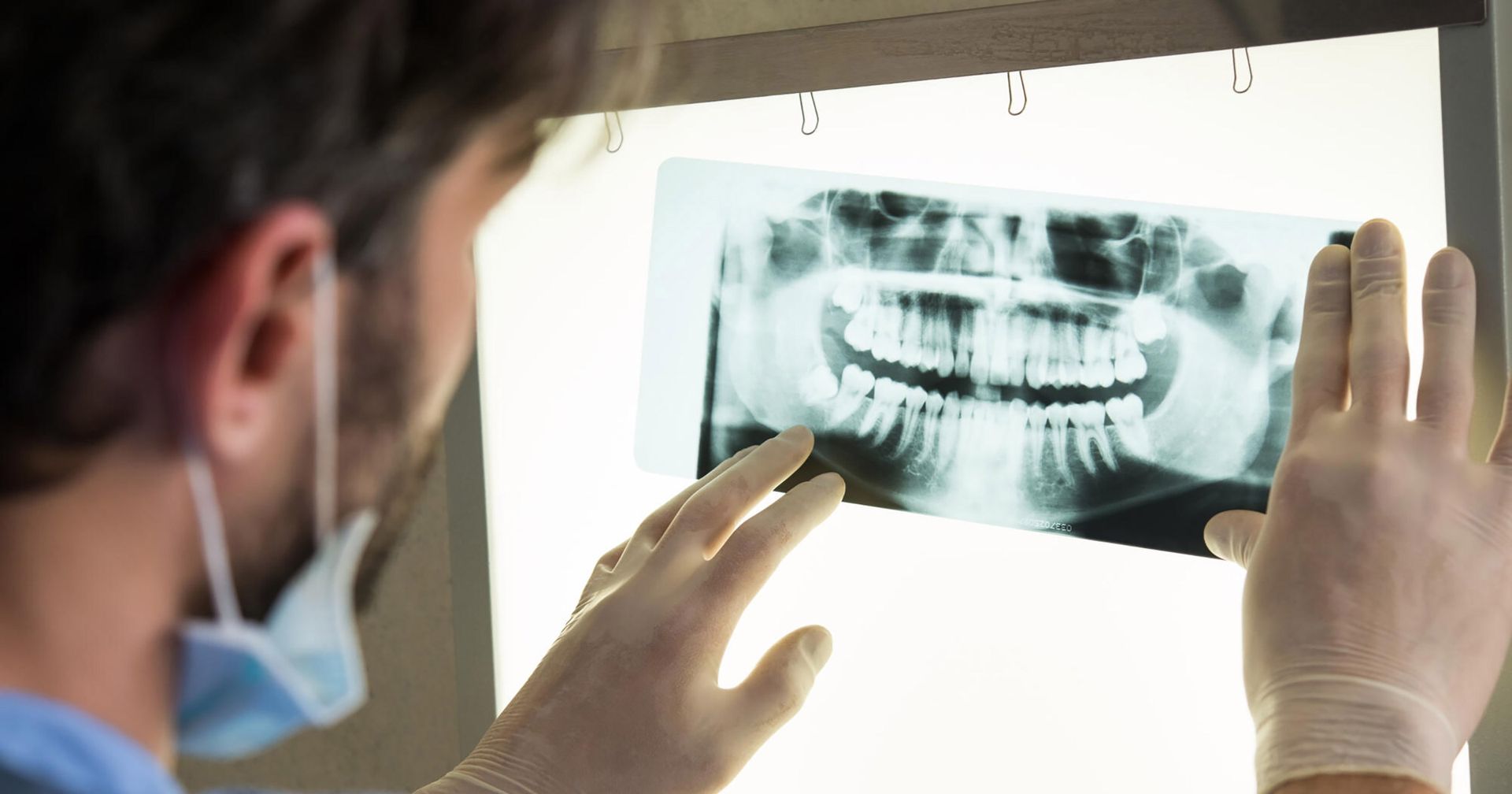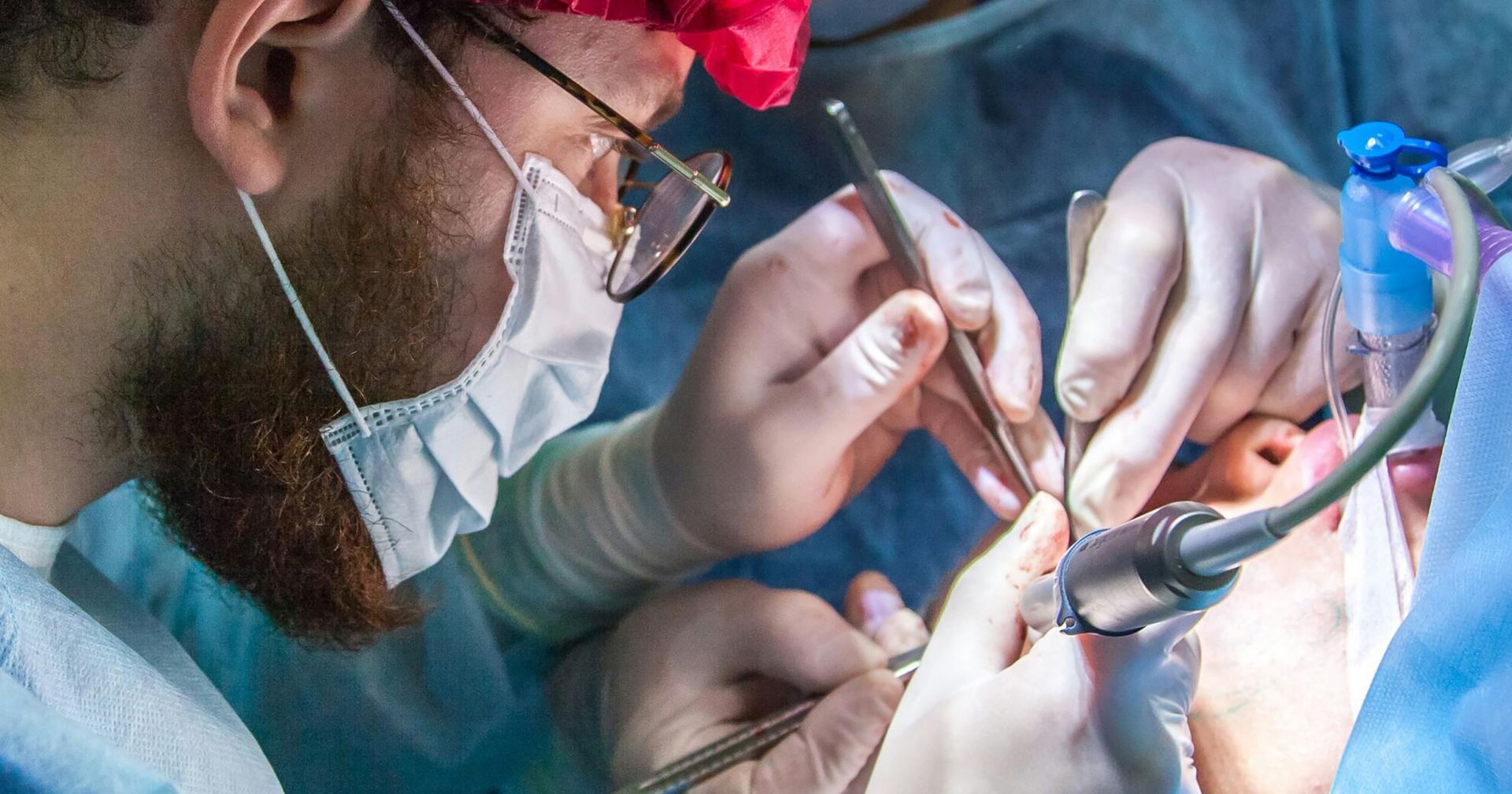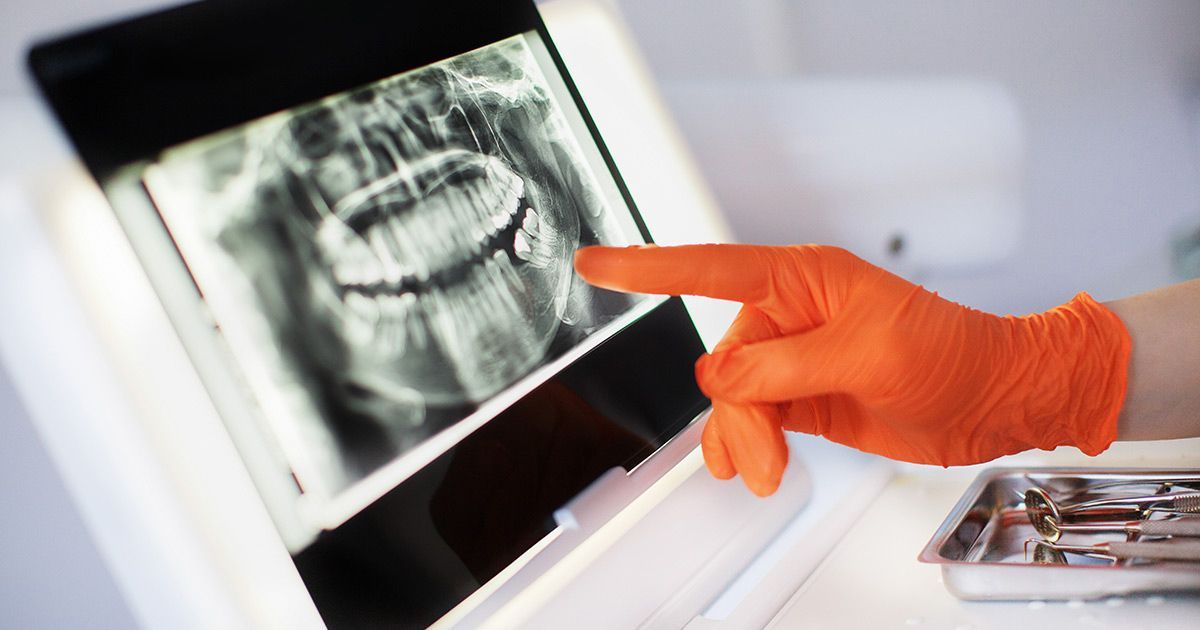Getting Dental Implants: What to Expect During the Procedure
You've decided to get dental implants, but how does the dental implant process work? Find out in this complete guide on the topic.
The American Dental Association reports that 5 million implants are placed every year. Dental implants have transformed the world of dentistry. They provide a permanent and effective method for tooth replacement.
Dental implants, as opposed to traditional dentures or bridges, give a stable base for prosthetic teeth. Dental implants provide stability, durability, and a natural appearance.
If you're thinking about getting dental implants, it's critical to understand the procedure and what to expect at each stage. Keep reading to learn more about getting implants from a Dentist in South Philadelphia, PA.
Why Do People Get Dental Implants?
People get dental implants to restore their oral health, improve their looks, and improve their quality of life. Dental implants provide a long-term and cost-effective method for restoring missing teeth. Implants address both functional and cosmetic concerns of damaged teeth.
Schedule an Initial Consultation
The process of getting dental implants starts with a consultation with your dentist or oral surgeon. Your dental health will be evaluated at this session. During your exam, the dentist will examine the following:
- gums
- jaw
- bone
- remaining teeth
Your dentist needs to conduct a thorough examination to make the best plan for your surgery. To identify the best placement for your implants, X-rays, 3D scans, and dental impressions may be taken.
Your dentist will also work to ensure you're a good candidate for the surgery. By reviewing your medical history and any drugs you're taking, they can assess if dental implants are a good fit for you.
Discuss Your Treatment Plan
Based on the results of the examination, your dentist will develop a personalized treatment plan for your dental implants. This will include the following factors:
- the number of implants needed
- the kind of restoration
- the procedure and recovery timeline
During these initial appointments, your dentists will go over your different anesthetic choices. Having a choice in deciding your anesthetic will give you comfort during the procedure.
Dental Implant Post Placement
Dental implant treatment is usually carried out in stages. The first stage entails the actual implantation of the implant.
During this phase, the oral surgeon will make a small incision in the gum tissue. This incision will expose the underlying jawbone during this surgical operation. The implant - a titanium post that looks like a screw - is then gently placed into the bone.
This implant replaces the tooth root and provides a strong foundation for the artificial tooth. These posts are essential for giving your artificial teeth stability.
Osseointegration Process
After the initial implant procedure, a critical process known as osseointegration occurs. This is where the dental implant's magic happens.
During osteointegration, the implant will merge with the surrounding bone. This takes place over the next six months and is when the implant effectively becomes part of your jaw.
This process ensures the implant's stability and longevity. While osseointegration is taking place, you need to be gentle as your jaw recovers.
Abutment Placement
Once the osseointegration has occurred, a small connector piece known as an abutment is affixed to the implant. The abutment is the connecting piece between the implant and the final restoration.
During this placement, the gum tissue is pierced again. This small surgical procedure is done to expose the implant and securely attach the abutment. For a few weeks, gum tissue is allowed to recover around the abutment
Undergo Final Restoration
After the gum tissue has healed and the abutment is in place, your dentist will take impressions of your teeth and abutments.
These impressions are used to produce your own custom-made prosthetics. Some of these prosthetics include:
- Teeth
- Crowns
- Bridges
- Dentures
Once the final restoration is complete, it will be connected to the abutment, completing the dental implant process. The restoration is custom-made to match the color, shape, and size of your original teeth. These implants ensure that you have a seamless and appealing appearance.
Make Your Post Operative Care Routine
Post-operative care is critical to the healing and integration of dental implants. Following the right post-implant care guidelines will minimize discomfort, lower the chances of problems, and encourage a smooth recovery.
Maintaining your dental hygiene is critical for infection prevention and healing. Be sure to follow your doctor's post-operative care recommendations.
Don't miss any of your follow-up appointments. However, you need to ensure you have the financial support to follow through with your post-operative care. Follow-up checkups after surgery, drugs, and any necessary changes can all add to the final cost.
What are the Costs Associated With Getting an Implant?
The cost of dental implants varies based on a variety of factors. Your standard cost is based on location, number of implants necessary, type of restoration, experience of the dental practitioner, and any extraneous treatments.
For surgery alone, dental implants might cost between $1,000 and $3,000 on average. This amount does not include any other costs related to the complete procedure. Reach out to our team for a consultation to get a quote for your dental implants.
Depending on your policy, dental insurance coverage may cover the cost of implants. Check with your insurance carrier to see what charges are reimbursable.
Find a Dentist in South Philadelphia, PA
Dental implants provide a long-term solution for lost or damaged teeth. While the process from consultation to complete restoration can take months, the end result is well worth the wait.
Dental implants can last a lifetime, considerably enhancing both your oral health and quality of life. If you're thinking about getting dental implants, get a consult from a dental practitioner.
Contact our team at the Tabas Center for Advanced Dentistry for your Dentist in South Philadelphia, PA dental implant needs today!











